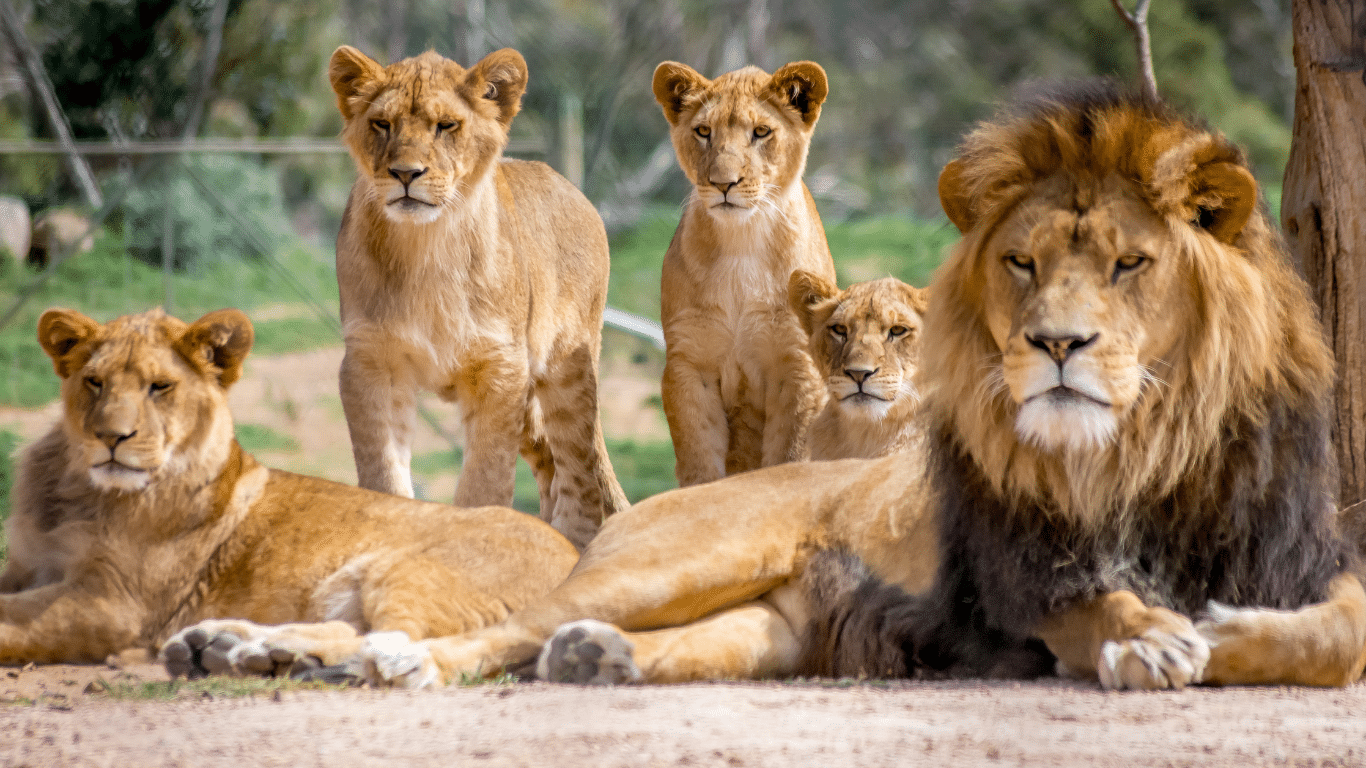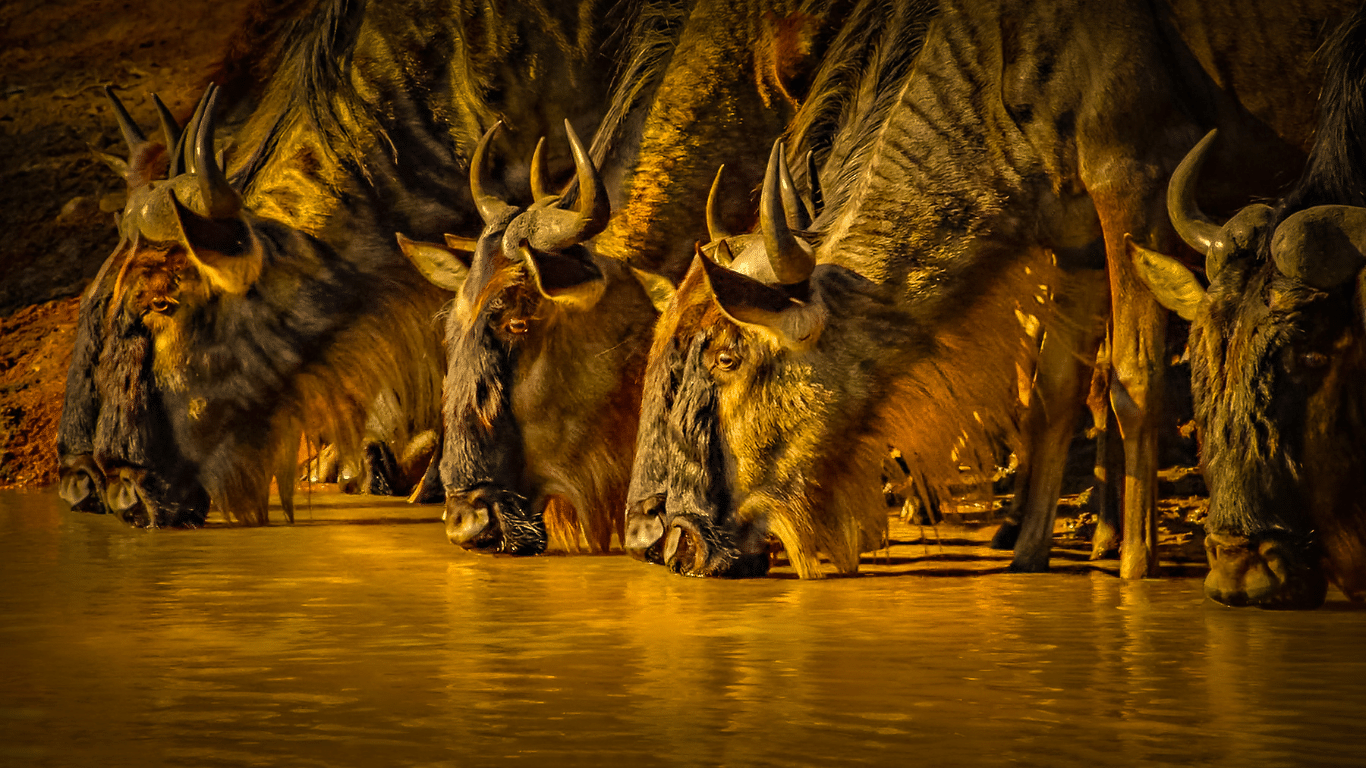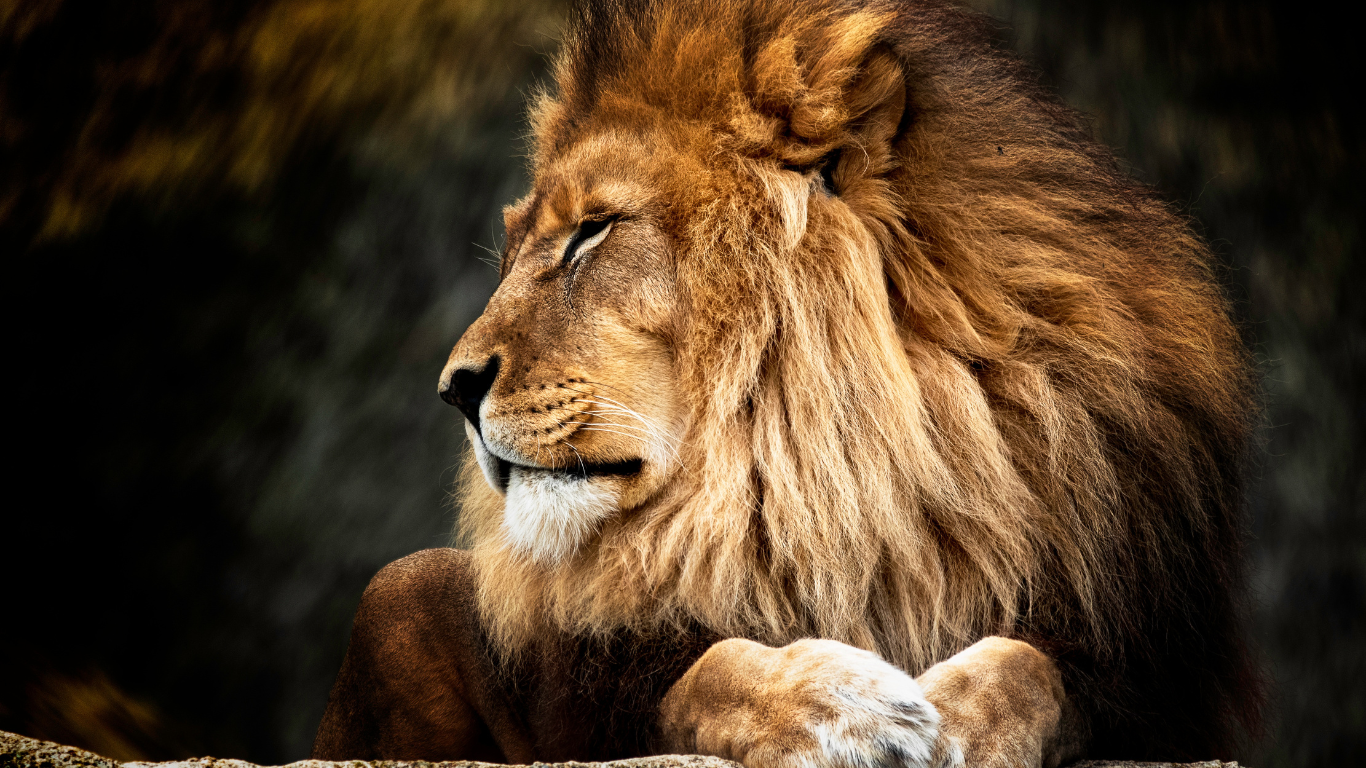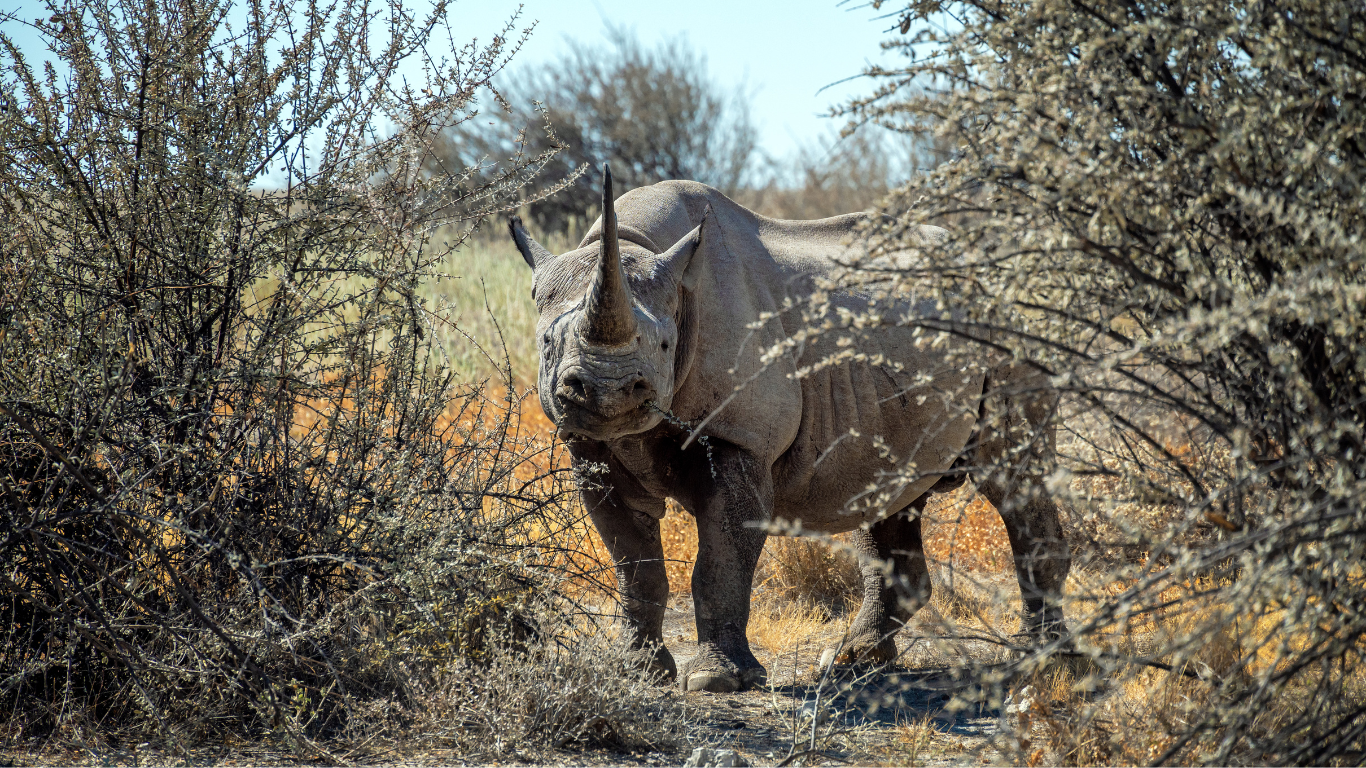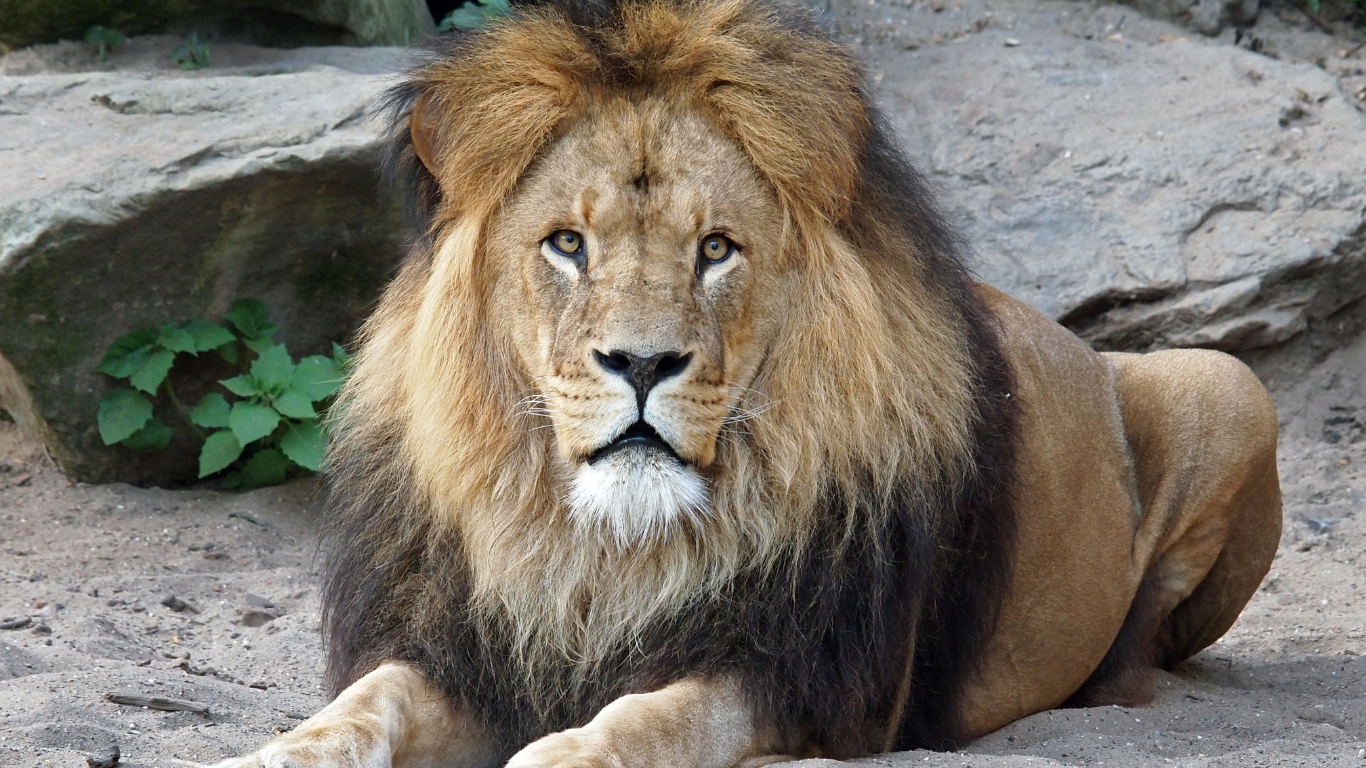Article written by Abdullah Lamino
Originally published by Radio Nigeria (May 28, 2025)
The bill will now proceed to the Senate for concurrence.
A major milestone has been reached in Nigeria’s fight against wildlife trafficking and habitat destruction as the House of Representatives passed the Endangered Species Conservation and Protection Bill, 2024, at its third reading.
The legislation introduces tougher penalties for wildlife crimes and significantly strengthens Nigeria’s legal framework for investigating and prosecuting environmental offenses.
It also empowers judges to fast-track wildlife-related cases, allows for the recovery of assets tied to environmental crimes, and aligns Nigeria’s efforts with international treaties and best practices.
The bill’s sponsor, Hon. Terseer Ugbor, Deputy Chairman of the House Committee on Environment, emphasized its significance in combating transnational wildlife trafficking.
“This Bill sends a clear message that Nigeria will not serve as a transit point for the illegal trade in wildlife products like pangolin scales and ivory,” Ugbor said.
“We are modernising our laws to protect the ecological and economic value of our biodiversity for future generations.” He added.
Nigeria has been recognized as a major transit hub for the illegal trade in wildlife products, particularly ivory and pangolin scales destined for Asian markets. Between 2016 and 2019, over half of the pangolin scales seized globally were linked to shipments originating in or passing through Nigeria.
Environmental groups and conservation advocates have welcomed the passage of the bill.
Tunde Morakinyo, Executive Director of Africa Nature Investors Foundation (ANI), praised lawmakers for taking a firm stance:
“This is a testament to Nigeria’s commitment to wildlife governance and conservation. The House of Representatives deserves credit for its leadership and dedication to this crucial issue,” he saiid.
Mary Rice, Executive Director of the Environmental Investigation Agency UK (EIA UK), added:
“This legislation demonstrates Nigeria’s determination to secure regional security and disrupt international trafficking networks.”
Peter Knights, CEO of Wild Africa, described the move as a landmark moment:
“This is a great step forward for Nigeria to lead the region in tackling wildlife crime head-on.”
ANI, EIA UK, and Wild Africa have all supported the Nigerian government’s efforts to curb illegal wildlife trafficking. These efforts have received backing from international partners including the UK Illegal Wildlife Trade Challenge Fund, the U.S. Bureau of International Narcotics and Law Enforcement Affairs, and the Pangolin Conservation Fund.
The bill’s next step is review and concurrence in the Senate. If approved, it will be sent to the President for assent and become law.

